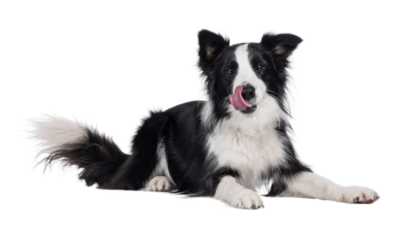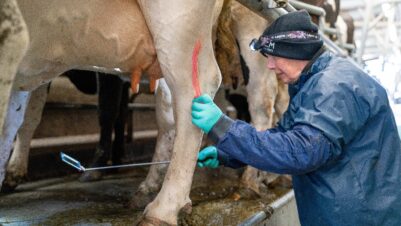The Equine Disease Surveillance programme is a collaboration between the Animal Health Trust, Defra and BEVA, and is celebrating its 15th anniversary this year. The surveillance programme ensures that diseases of horses, ponies and donkeys are monitored to the same degree as farmed livestock and wildlife are in the UK. As well as providing important data on disease spread, the programme has facilitated discussions around equine disease and welfare risks facing the country.

In light of the anniversary, Veterinary Practice magazine interviews Sarah Smith, who, on behalf of BEVA, has an active part in the reports from the surveillance group. Sarah works at Langford Vets, University of Bristol, as an equine medicine specialist.
How did you get involved in the disease surveillance programme?
I go to the meetings of the disease surveillance group as a representative of BEVA Council, which I joined two years ago. Since the disease surveillance group was set up, there has always been at least one representative from BEVA Council there. It provides a fascinating insight into infectious disease surveillance in the UK and a very interesting complement to my day job.
The equine disease surveillance group started in 2005. It was set up in response to a government investigation into whether we should have better monitoring of animal diseases. They were already undertaking surveillance with cattle; the question was whether it should be extended to horses. And so this collaboration between Defra, the Animal Health Trust and BEVA was set up.
Scientists from the Animal Health Trust undertake the collation of data provided by clinical laboratories through-out the UK. They create a quarterly report which is then reviewed by a group including representatives from the Animal Health Trust, Defra and BEVA. The purpose of the report is primarily communication of information to vets, then vets are able to disseminate information to owners.
Is there evidence that the surveillance programme has been a success?
The most pertinent example is the recent influenza crisis. The group at the Animal Health Trust have been at the forefront of providing up-to-date information about the extent of the outbreak and guidance for vets and owners about appropriate action. The latest copy of the disease surveillance report (Volume 15, number 2, April to June 2019) includes a summary of the latest information about the disease outbreaks and a guide for vets about how to best manage the situation, how to cope with horses going to events and how to limit disease spread in those situations.
What was the process for dealing with the influenza outbreak?
After the initial outbreak was identified and following discussion among the major stakeholders in the UK equine industry, there was a brief halt on the movement of racehorses and suspension of racing. There was quick implementation of screening of horses that had been exposed to those original index cases and implementation of booster vaccinations.
It seems to have had a good impact on controlling what might have been a much bigger explosion of infection, but due to the nature of equine competition and the equine industry in the UK, equine influenza has continued to spread around the UK during 2019.
Was there anything more that could have been done to prevent the equine influenza outbreak?
This outbreak has highlighted the importance of vaccinating all horses regardless of their use. Thoroughbreds in racing and competition horses are routinely vaccinated but some owners of pleasure horses have in the past not vaccinated because they perceived the risk to their horse to be very low. The current outbreak has highlighted that all horses are at risk of infection, that infection can have very serious consequences and that widespread vaccination combined with robust biosecurity is very effective at limiting spread of infection.
What do you think are the biggest threats to UK horses at the moment?
Currently, equine influenza poses a big threat. There is also a significant threat from infectious diseases which might encroach into the UK as a consequence of climate change, such as African horse sickness or West Nile virus, which may one day be present in the UK. Obviously outside of infectious disease there are a multitude of risks, the most widespread of which is equine obesity.
Will Brexit have an impact on equine health?
Everyone is thinking about the possible impacts of Brexit on veterinary medicine. BEVA and Defra have been working to try to limit the potential impact it might have. From my point of view as a hospital clinician, we worry about supply of medication, but stockpiling medication and fluids has big financial implications on businesses. The other concern is around movement of horses: how that will happen after Brexit and whether it will have any positive or negative effects as currently the tripartite agreement with France and Ireland enables very easy movement of horses.
Could it impact disease risk as well as welfare?
I would hope it would not have a long-term impact on disease risk. Defra will be responsible for putting in place import controls that would limit any risk of disease transmission to something similar to the current situation.











